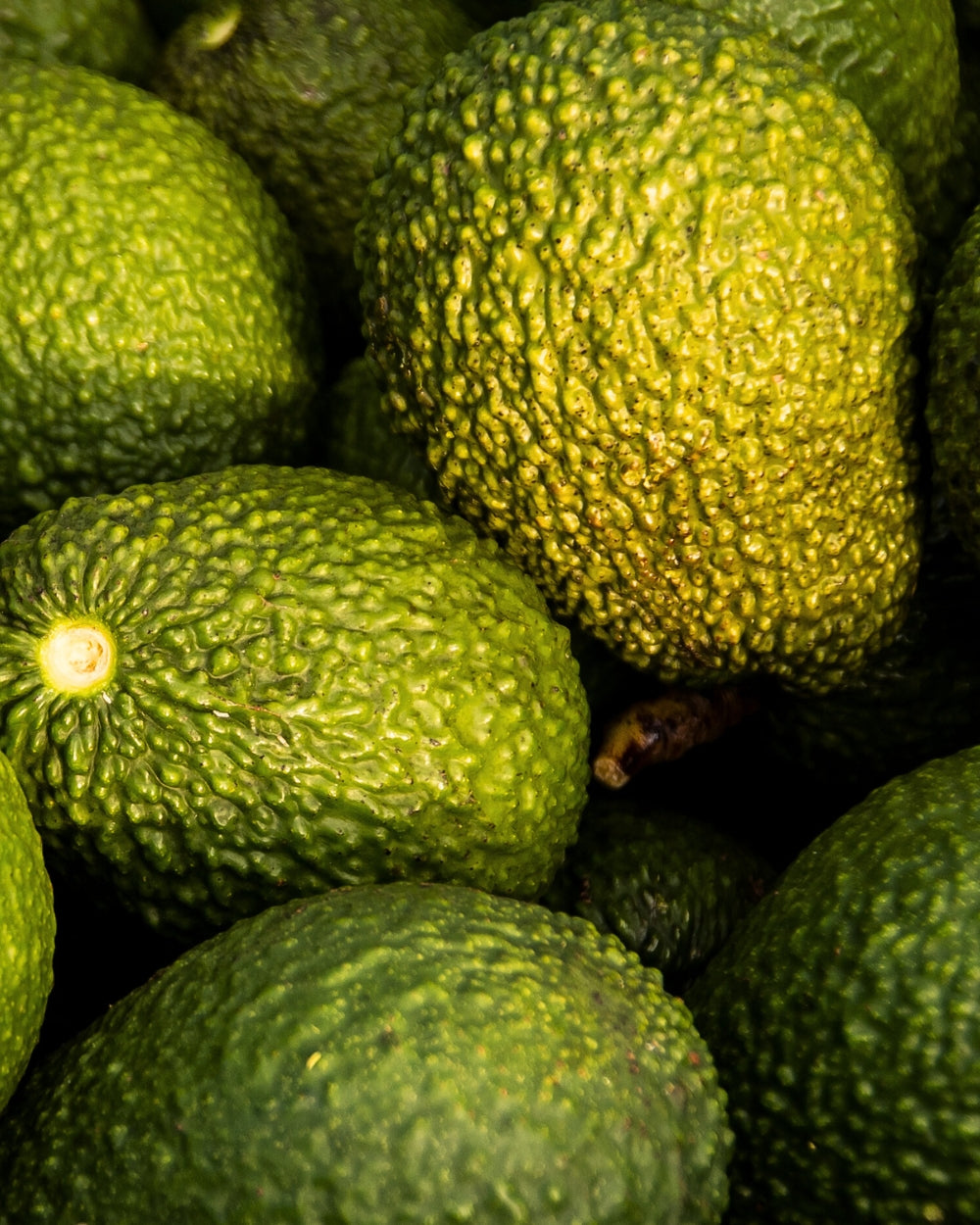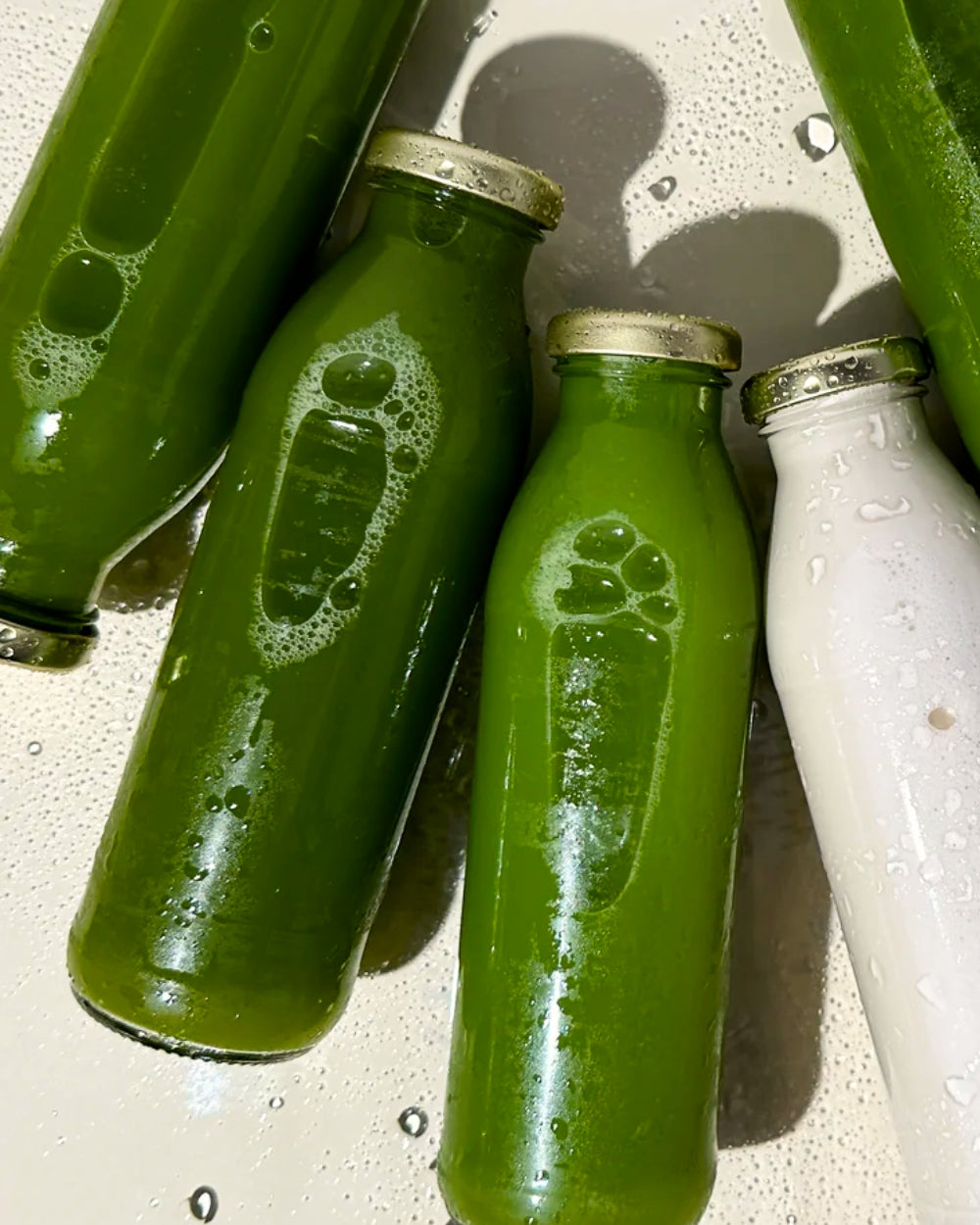At Organika, we believe in the body’s natural ability to reset, rebalance, and heal—when given the right tools. Juice cleansing isn’t about deprivation or drastic fixes; it’s about slowing down, tuning in, and flooding your system with nutrients that support digestion, energy, and clarity.
Whether you’re preparing for a seasonal reset, recovering from indulgence, or simply craving simplicity, a short juice cleanse can be a supportive tool. Here’s how to do it gently, mindfully, and effectively.
Why Cleanse?
Our digestive systems are constantly working, breaking down food, absorbing nutrients, and clearing waste. A cleanse offers your gut a short rest and gives your energy a chance to redirect toward detoxification and repair.
Benefits may include:
- Improved digestion and less bloating
- More stable energy levels
- A break from processed foods and sugar
- Greater clarity and focus
- Reconnection to mindful eating
Think of it as a reset, not a quick fix.
What to Expect from a Cleanse
A typical juice cleanse includes 5 cold-pressed juices and 1 plant-based milk each day. These are rich in vitamins, minerals, antioxidants, enzymes, and hydration.
You may feel lighter and brighter after a few days, but the first 24–48 hours can feel delicate as your body adjusts. Listen to your body. Add broths, herbal teas, extra juices, or healthy snacks as needed. The goal is nourishment, not punishment.
We recommend preparing your body 2–3 days before you begin:
- Reduce caffeine, alcohol, and refined sugar
- Focus on raw foods, soups, smoothies, and hydration
This gentle pre-cleanse makes the transition more graceful.
Setting Yourself Up for Success
Here are some daily practices to support your experience:
- Space juices evenly throughout the day
- Sip herbal teas and filtered water
- Take time to rest and restore
- Try magnesium, gentle movement, or journaling
- Support elimination with skin brushing, oil pulling, or infrared sauna
These small rituals help amplify the benefits and keep you feeling grounded.
Post-Cleanse Integration
Coming out of a cleanse is just as important as the cleanse itself. This is a unique opportunity to observe how certain foods make you feel and to continue choosing what truly nourishes you.
Ease back into solid foods with:
- Steamed veggies and brothy soups
- Hydrating fruits
- Whole grains and healthy fats
Notice what you crave, your body is speaking. Keep the momentum going by stocking your pantry with clean, wholefood staples that make healthy choices easy.
Matching a Cleanse to Your Lifestyle
At Organika, we carry a curated range of organic, cold-pressed juices and nut milks, plus broths, teas, and nourishing add-ons that can support you before, during, and after a cleanse. Whether you're following a vegan, gluten-free, or nut-free plan, our team can help tailor options to suit your needs.
Our approach is always flexible. Some customers prefer a 1-day reset, while others go deeper with 3 or 5 days. Your lifestyle, your rhythm.
We’re also here for tips on how to cleanse while working, parenting, training, or travelling. Because wellness isn’t one-size-fits-all.
Talk to Your Health Practitioner First
If you have underlying health conditions, are pregnant, or are on medication, speak with a healthcare professional before starting any cleanse. Juice cleansing should feel supportive, not stressful.
Ready to Reset?
Whether it’s your first time or part of your seasonal ritual, we’re here to support your journey with real, organic nourishment. Pop into Organika or explore our juice cleanse essentials online, and feel what a fresh start can really do.
Read more

Curious where to start with eating organic? We've rounded up the top 10 foods to choose first, from berries to whole grains—based on health benefits and pesticide exposure. A practical guide for an...

Curious about keto? Discover a balanced, wholefood approach to low-carb living. From nourishing fats to keto-friendly veggies and pantry staples, Organika Noosa supports your journey with trusted...

